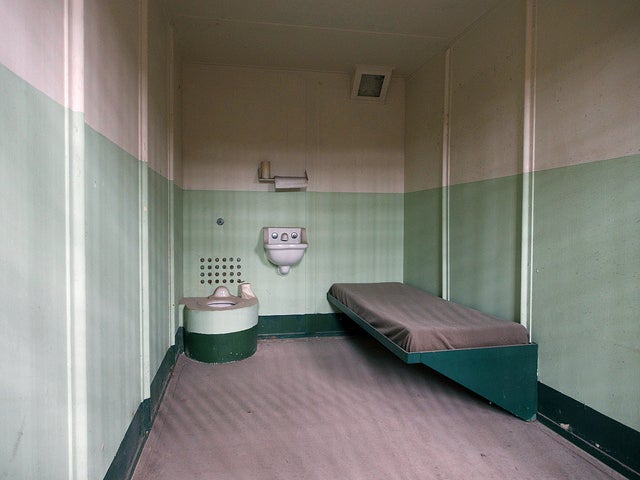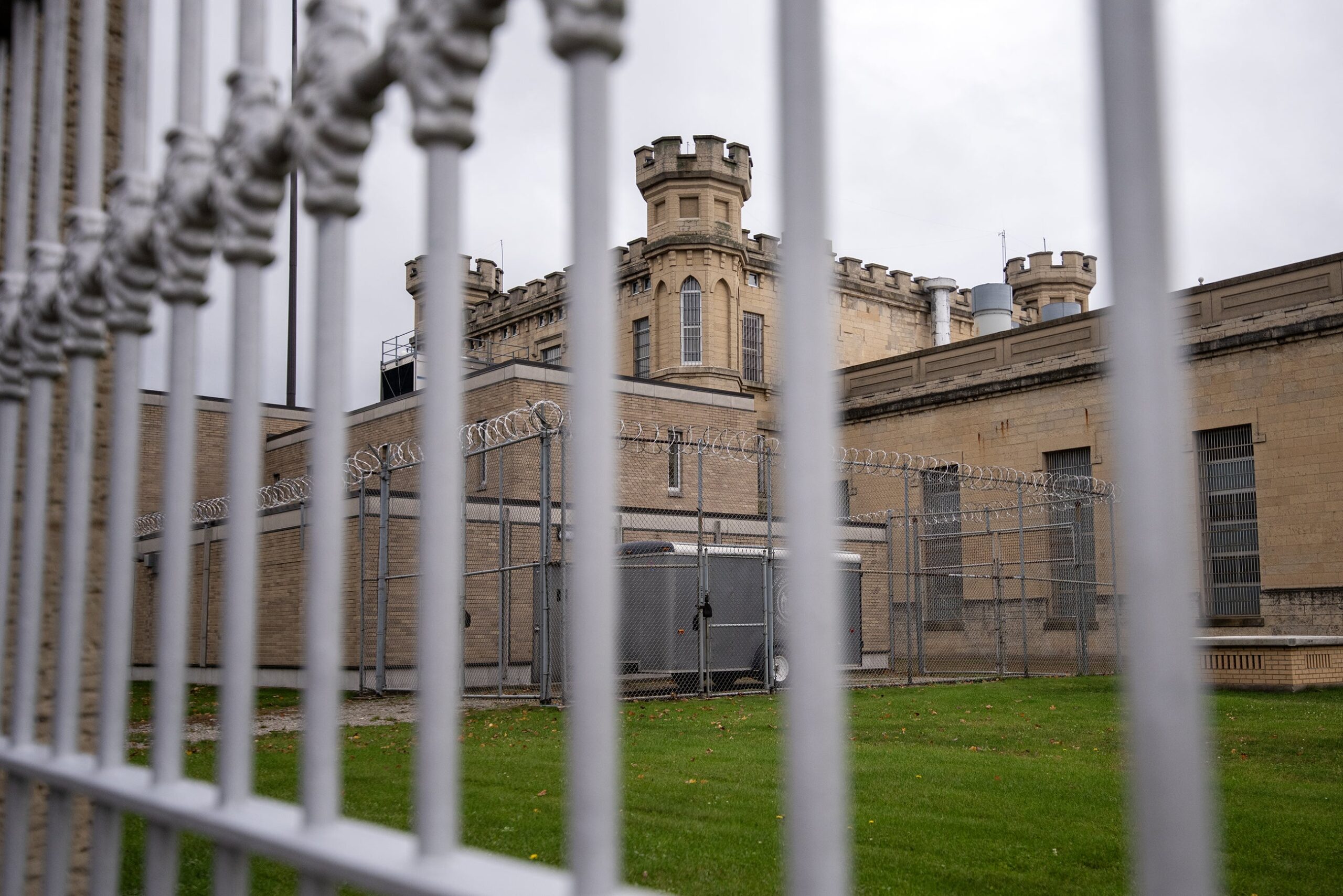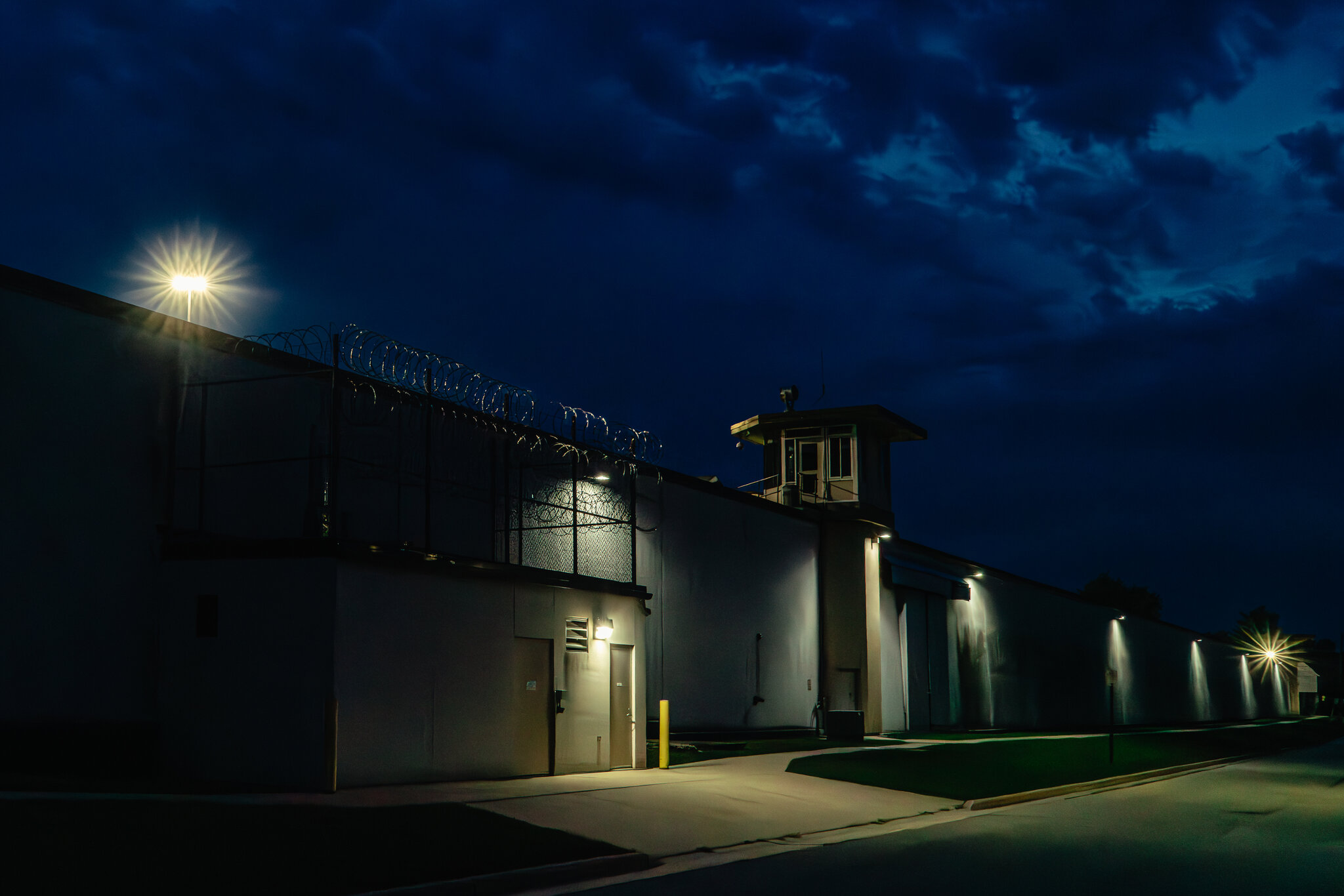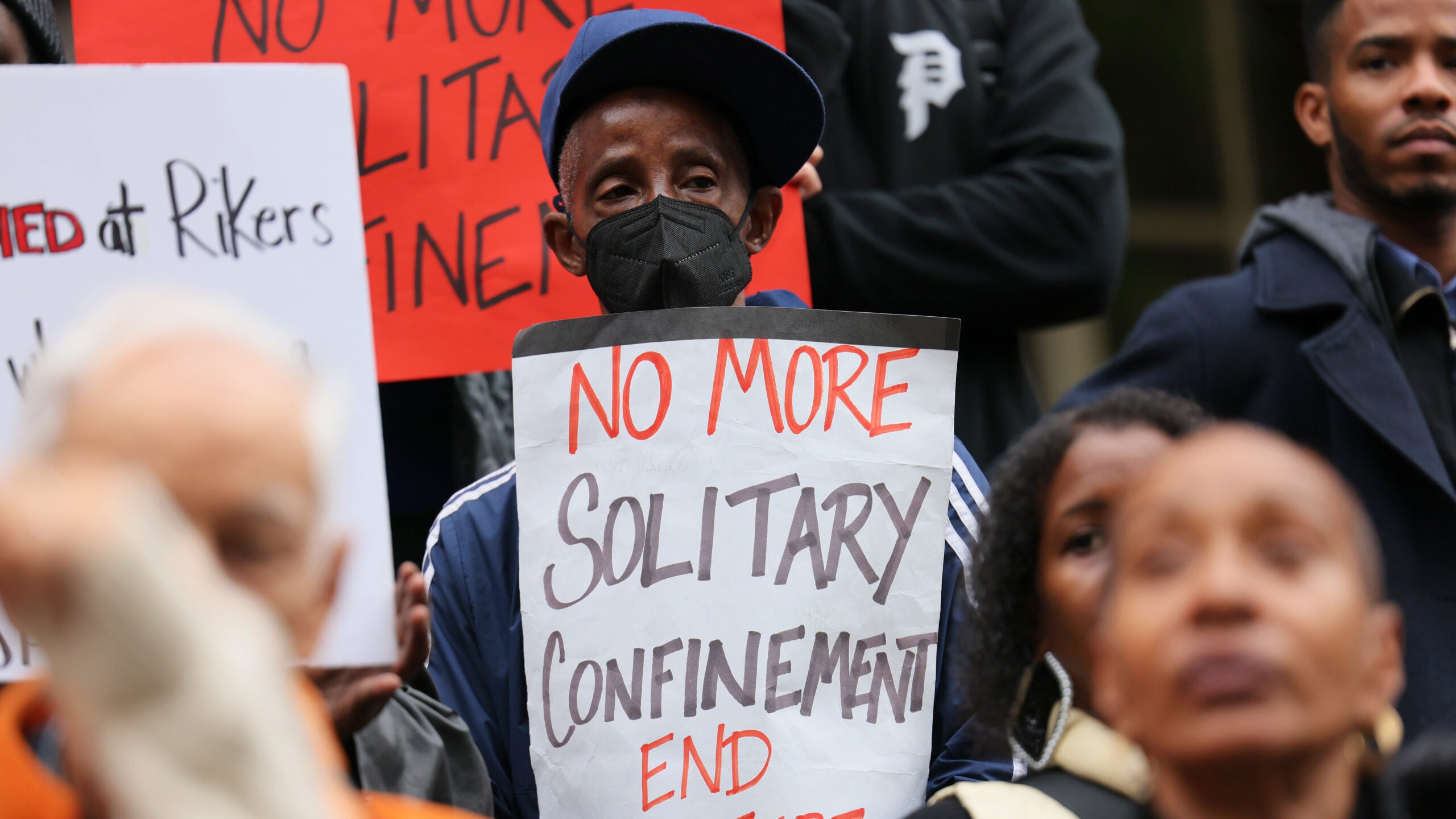Dozens of members of the statewide prison reform group WISDOM convened at the state Capitol Wednesday to make a series of demands of Department of Corrections Secretary Ed Wall and members of the Criminal Justice Coordinating Council.
At the top of the group’s list was fixing what they call a broken parole system and an end to the use of solitary confinement.
Rev. Jerry Hancock of Madison told Wall the state can save money by releasing some of the almost 3,000 inmates who remain eligible for parole, as they were sentenced before the state effectively abolished parole 15 years ago.
Stay informed on the latest news
Sign up for WPR’s email newsletter.
“You weren’t even in Wisconsin 20 years ago when many of these men and women were sentenced,” Hancock said. “You may not know or even care about the injustice that’s going on inside your prison but you must know about the $96 million a year that’s being spent every year to keep these old law inmates in prison.”
Hancock said that money could be better spent on treatment and diversion programs that keep people out of prison and help released inmates readjust to life in their community.
Wall did not commit to changing the parole system, but he did respond to a request to stop punishing prisoners in solitary confinement for attempting suicide. Buddhist prison chaplain Rev. Kate Edwards, who visits men serving time in segregation cells, said many men are given more time in solitary if they try to kill themselves.
“What kind of world do we live in where self-harm and mental illness have become brutally punishable offenses?” Edwards asked. “We have to find a better way.”
Wall said he plans on changing segregation in the state to align with the approach used in Sweden, where more attention is paid to the mental health needs of violent inmates.
Wisconsin Public Radio, © Copyright 2024, Board of Regents of the University of Wisconsin System and Wisconsin Educational Communications Board.




